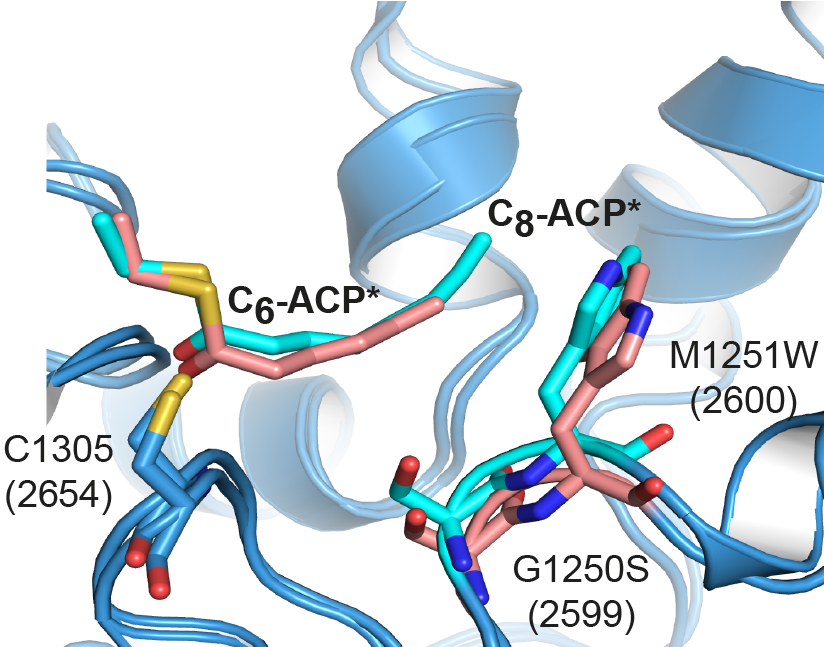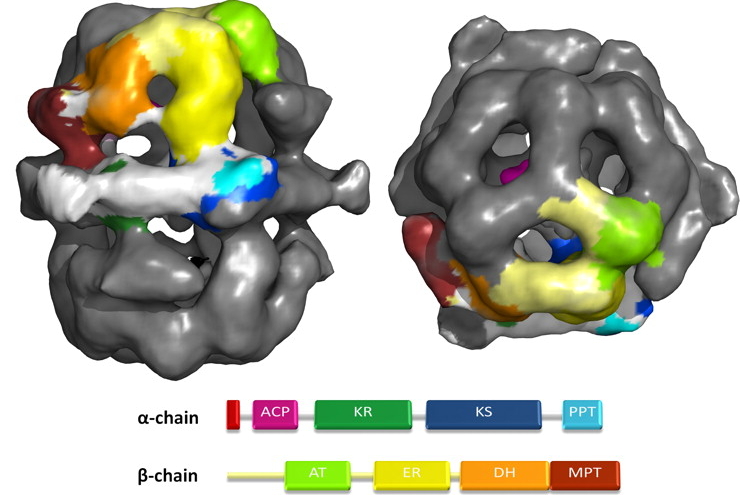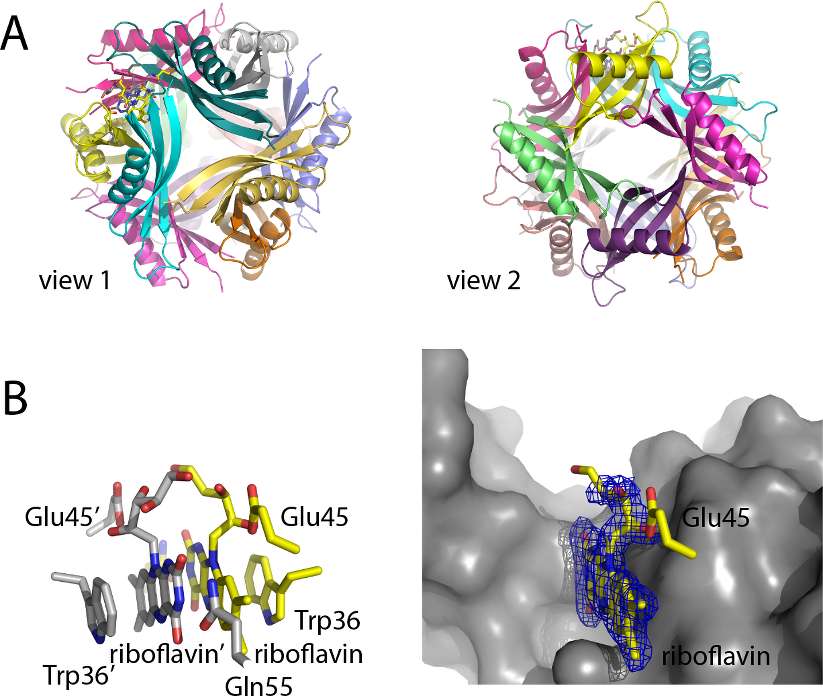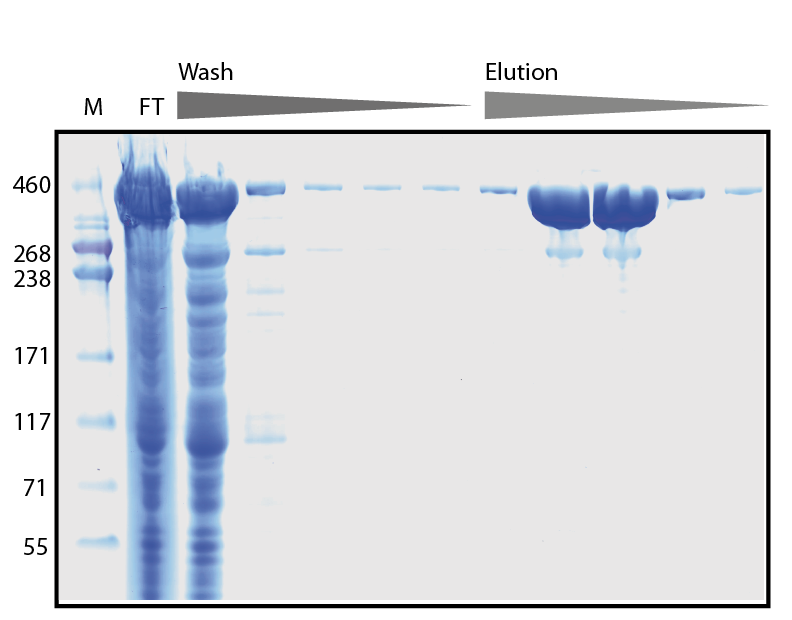Research
Basic understanding
DNA is a biomolecule that contains the information of life used in all living organisms. However, without the proteins, a second class of biomolecules, this information would be useless. In fact, the translation of DNA-coded information into proteins is one of the elementary processes in nature. You can think of the DNA as the underlying plan that has all the information. But it needs proteins so the plan can be realised.
Our research is focused on proteins. We have a dual approach: First, we characterise selected proteins to find out what they are good for and how they work in detail. Next we train these proteins, so that they are not doing their usual job, but new, designed functions relevant to biotechnology and health care.
Advanced understanding
Proteins are important building blocks of life, and present in every living organism. Proteins are involved in structural tasks, like collagen as the major part of the connective tissue, or have specific functional roles. Such functions can be the binding and transport of compounds, like e.g. oxygen, vitamins, hormones or other proteins, or the catalysis of chemical reactions, like e.g. the breakdown of many nutrients to the central metabolic compound acetyl-CoA, or the synthesis of the universal energy carrier ATP.
Proteins occur in different architectures and the architectural complexity often correlates with the complexity of tasks it fulfills. Multifunctional proteins build a specific class of proteins which are for example involved in fatty acid synthesis.
Expert understanding
The underlying goal of our research is to provide understanding of the functional mechanisms of proteins to finally reprogram their reaction modes. Specifically, we pursue two research goals:
Focus 1: Fatty acid synthases as target of inhibition. Involved in key metabolic pathway, fatty acid synthases represent promising targets for antibiotic and anti-neoplastic treatment.
Focus 2: The use of type I fatty acid synthases (FAS) and type I polyketide synthases (PKS) as multistep catalysts for directed product synthesis. FAS and PKS are chemically highly versatile proteins and responsible for the synthesis of a wealth of bioactive compounds in nature. The synthetic concept of these proteins provides high potential for biocatalytic approaches.



